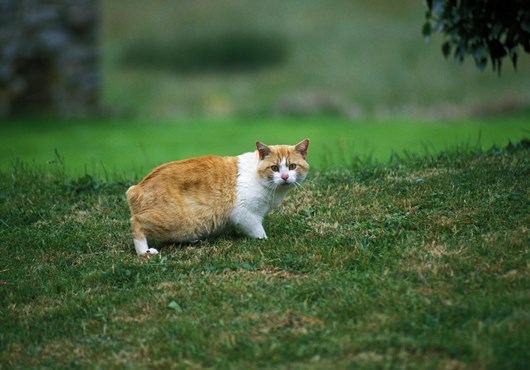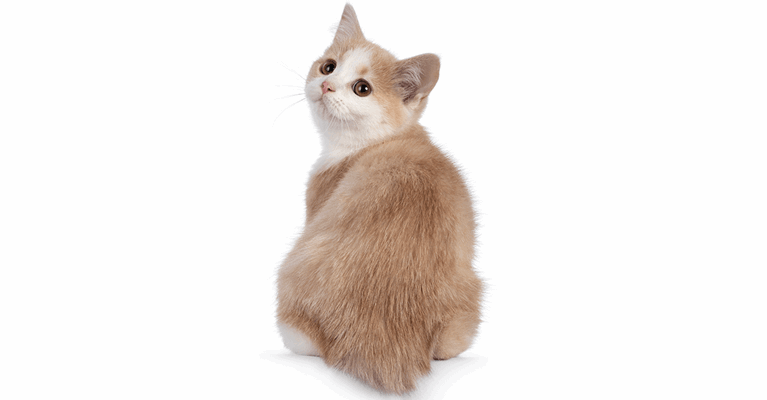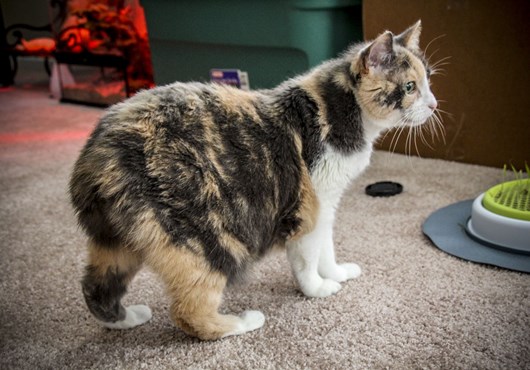
Manx Cat Personality Traits
Manx cats are smart and social cats who love attention. They’re very people-oriented, and love to spend time with their favourite humans, often following them around the house. Manx cats are also quite playful and are sometimes described as being dog-like in nature as they can often be found playing a game of fetch. They also respond well to verbal commands. The Manx cat has a strong independent streak and is perfectly happy playing amongst themselves, but they’re also quite social and friendly and enjoy spending time with others.







